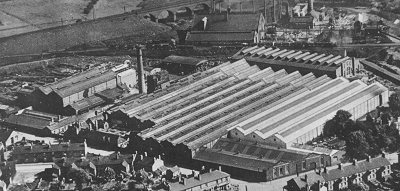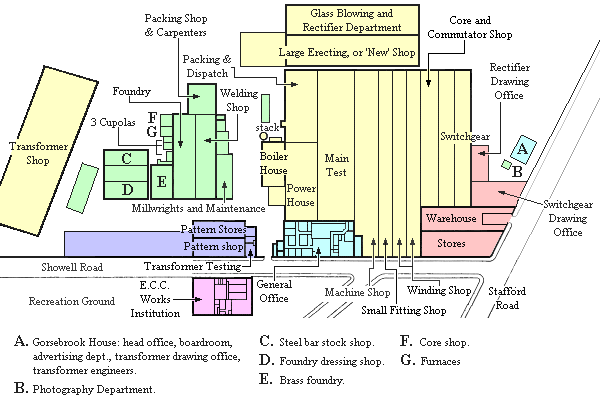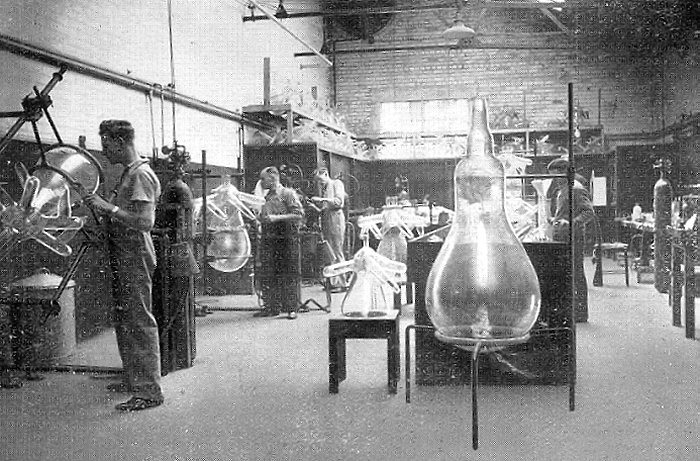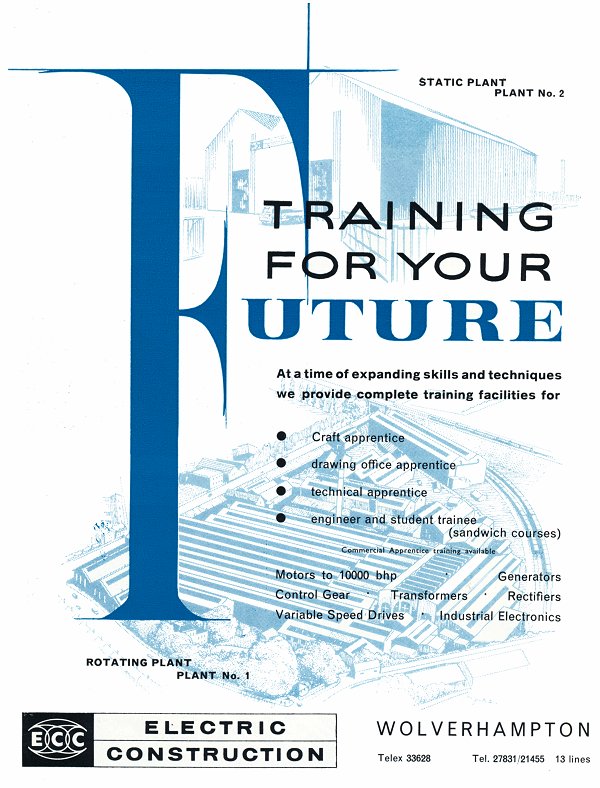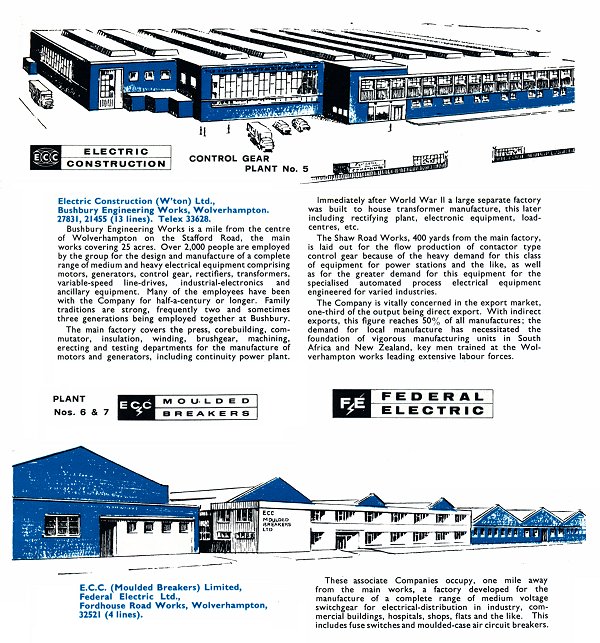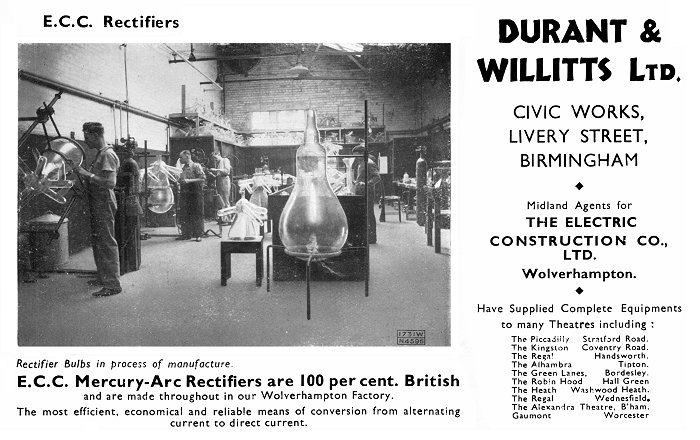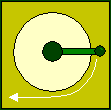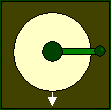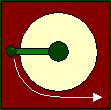The Final Years The late 1960's and early 1970's was a time of change in the electrical engineering world. Up to this time the British manufacturers had played a major role in world markets, successfully competing with foreign competition. This started to change, when products appeared from various parts of the world, which were much cheaper than the British equivalent. They were built to the same high standard as British products and manufacturers couldn't compete. The selling price of the foreign products was often less than the cost of manufacturing identical products in Britain. Even though much of E.C.C.'s work consisted of designing and building specialised equipment, for one-off installations, times were hard. The company also built a large transformer assembly shop, with hopes of large sales in the electricity generating industry, but this was not to be. Italy's electrical equipment manufacturers were heavily subsidised by the Italian Government and Italian transformers could be purchased in the UK, at prices less than it cost E.C.C. to produce the core alone.
The company also owned a number of other electrical equipment manufacturers, one of which was the Yorkshire Transformer Company, that made very large transformers. Another produced insulators and isolators for high voltage power lines. The main part of the company's business was the supply of old-fashioned cast-iron switchgear, which was produced by the metal-clad division. Although this was very old technology, there was still a lot of metal-clad switchgear in operation and so there was a demand for spares.
E.C.C. assumed that Aberdare Holdings was in a much better financial position than it actually was, and similarly Aberdare Holdings assumed that E.C.C. was more profitable than it was in reality. E.C.C. was run by engineers, rather than business managers. Often production was not as well organised as it could have been, or properly planned. Orders could take longer than necessary to complete, because of unnecessary hold-ups due to components not being ready at the correct time. Costings were not always made as accurately as they should have been, which sometimes resulted in smaller profit margins. The E.C.C. finally became part of the Hawker Siddeley group. Sales continued to fall and the company was loosing millions of pounds. The E.C.C. suffered cut-backs, on several occasions, during the company's last 16 years of existence. Hawker Siddeley tried desperately to save the company, the final hope being an offer from an American company which wanted a British firm to offset the high value of the dollar. Unfortunately the unnamed company pulled out and the E.C.C. finally closed in September 1985. At its height the E.C.C. was one of the major employers in the town, employing about 2,300 people, at the end the workforce had shrunk to 800.
|


